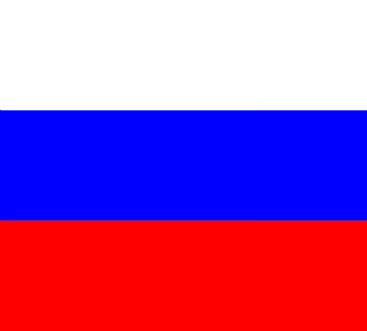Mr. Speaker, today I want to bring to the attention of colleagues two situations concerning internally displaced persons (IDPs) in the Russian Federation. I recently chaired a Helsinki Commission hearing to assess the plight of IDPs, including those in the Caucasus region.
The first involves IDPs from Chechnya who, according to reliable sources, continue to be pressured by Russian authorities to return to the war-torn capital city of Grozny, despite continuing violence there and a lack of many basic services. According to the State Department’s Country Reports on Human Rights Practices for 2002, approximately 140,000 persons remained internally displaced within Chechnya, with 110,000 more displaced in the neighboring republic of Ingushetia. Despite international attention, including a letter initiated last fall by the Helsinki Commission, which I chair, the Russian Government continues to pressure IDPs to return, and in some cases limits the ability of NGOs to provide assistance.
My concern for the safety of Chechen IDPs is well founded, as authorities in the past year closed three IDP camps, two near the village of Znamenskoye in northern Chechnya and the Aki-Yurt camp in Ingushetia, effectively forcing the residents back to Grozny. Reports of violence and human rights violations by both Russian military units and Chechen rebels in Chechnya are disturbing. The ongoing chaos in that war-torn region has kept UNHCR from certifying Chechnya as a safe return destination, which is supported by the fact that many international aid agencies have limited or suspended their operations out of concern for the safety of aid workers.
Despite this lack of security, the United Nations estimates that more than 38,000 IDPs from Ingushetia returned to Chechnya last year, with many complaining of government coercion. While no camp has been closed since December 2002, Doctors Without Borders reports that government officials threaten to cut off assistance in Ingushetia and block future aid in Chechnya for those refusing to leave immediately. The stationing of Russian troops near IDP camps and the limiting of assistance from international agencies to camp residents represent pressure tactics to “encourage” the return of IDPs to Chechnya.
Clearly, the Russian Government is not respecting the fundamental right of individuals to seek safe refuge. As a participating State of the Organization for Security and Cooperation in Europe (OSCE), the Russian Federation has committed to facilitate sustainable solutions to the plight of IDPs and the voluntary return of such individuals in dignity and safety. I urge President Putin to intervene to ensure that Russian policy and practice are consistent with these OSCE commitments and that no IDPs be effectively forced to return to their homes in Chechnya until the conditions have been created for their return. To do otherwise would place the lives of tens of thousands of innocent Russian citizens at risk.
The second situation I want to briefly highlight concerns the plight of Meskhetian Turks in the Krasnodar Krai region of the Russian Federation. Also known as Ahiska Turks or Meskhetians, Meskhetian Turks were forced to relocate twice within the past 50 years, first from Soviet Georgia in November 1944 to the Soviet Socialist Republic of Uzbekistan. In 1989, approximately 90,000 Meskhetian Turks fled ethnic conflicts in Uzbekistan to all parts of the Soviet Union, with the largest concentration today found in Krasnodar Krai. Numbering approximately 13,000, these displaced individuals find themselves in a virtual no man’s land, denied citizenship and permanent residency permits, as well as many other fundamental rights.
Due to loopholes in the Russian citizenship law and the improper application of this law by Krasnodar Krai authorities, Meskhetian Turks must register as “guests” every 45 days, may not legally register the purchase of a house or car, and their marriages and deaths are not officially recorded. Most are denied education above high school, as well. The Krasnodar regional legislature enacted a series of laws in 2002 in an attempt to pressure the Meskhetian Turks to leave. Corresponding with the expiration of the temporary registration held by most Krasnodar Meskhetian Turks, the laws reportedly cancelled leases on land or denied lease renewals for the 2002 crop season. Furthermore, chauvinistic local authorities have not intervened to prevent local Cossack paramilitary units from repeatedly victimizing Krasnodar Meskhetian Turks through public harassment, robbery, and vandalism. In late May, a mob of around 50 people attacked Meskhetian Turks and other non-Russian-looking individuals in two villages, injuring 30 people and hospitalizing six.
By not granting citizenship or providing permanent residency status, current Russian policy enables the discriminatory practices subjugating the rights of Meskhetian Turks in Krasnodar Krai to continue. Mr. Speaker, President Putin cited the problems of citizenship and stateless persons in his annual State of the Federation address earlier this year. The Russian President pointed out the complexities and uncertainties faced by stateless persons in Russia. I urge him and Members of the State Duma to rectify the status of Meskhetian Turks and other stateless persons. Meanwhile, the Kremlin should intervene to ensure that Krasnodar Krai officials desist in their discriminatory treatment of the Meskhetian Turks until their status is normalized, as well as guarantee the prosecution of violent criminals.







